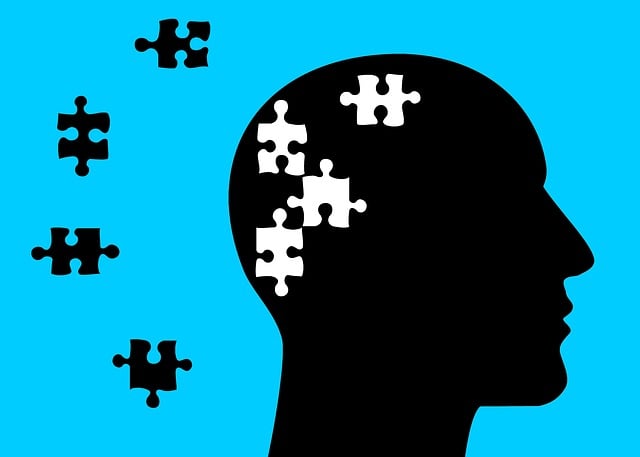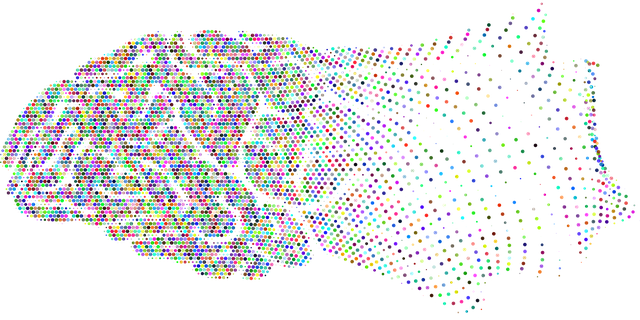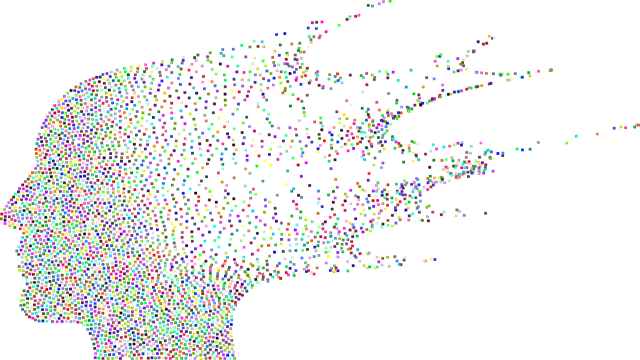Bipolar disorder, often misdiagnosed due to its unpredictable nature, requires culturally competent healthcare providers and public awareness campaigns for early detection. Integrated therapy approaches combining cognitive-behavioral therapy (CBT) and mindfulness practices offer holistic care tailored to individual needs. The Mental Health Education Initiative includes interactive workshops, peer support, and community outreach for comprehensive education and ongoing support. Adult learning principles emphasize self-directedness, diverse learning styles, and practical skills for long-term mental wellness in adults with bipolar disorder.
“Uncovering the complexities of bipolar disorder is pivotal in designing effective mental health education programs. This article explores essential aspects of creating comprehensive initiatives tailored to adults living with this chronic condition. We delve into understanding symptoms, integrating diverse therapy approaches, and structuring programs that align with adult learning principles. By examining key components and adaptive strategies, we aim to enhance engagement and improve outcomes for those seeking therapy for adults bipolar disorder.”
- Understanding Bipolar Disorder: Symptoms and Challenges
- Integrating Therapy Approaches for Effective Treatment
- Program Structure: Key Components of a Mental Health Education Initiative
- Adult Learning Principles and Adaptive Strategies for Optimal Engagement
Understanding Bipolar Disorder: Symptoms and Challenges

Bipolar disorder is a complex mental health condition characterized by extreme mood swings, from intense mania to deep depression. Understanding this disorder involves recognizing its varied symptoms, which can include rapid changes in energy levels, heightened creativity or restlessness during manic episodes, and profound sadness, fatigue, and loss of interest during depressive phases. These shifts can significantly impact an individual’s daily functioning, relationships, and overall quality of life.
The challenge lies in the fact that bipolar disorder often goes undiagnosed or mismanaged due to its unpredictable nature. It is crucial for healthcare providers to have robust cultural competency training to recognize these symptoms across different populations, as cultural factors can influence how individuals express their experiences. Additionally, public awareness campaigns can play a vital role in educating communities about bipolar disorder, promoting early intervention, and reducing the stigma associated with seeking therapy for adults affected by this condition, including mindfulness meditation practices that have shown promise in managing its symptoms.
Integrating Therapy Approaches for Effective Treatment

Integrating various therapy approaches is key to designing an effective mental health education program for adults with bipolar disorder. Therapy for adults suffering from this condition often requires a multifaceted approach, addressing the unique needs and challenges they face. Cognitive-behavioral therapy (CBT), for instance, equips individuals with tools to identify and change negative thought patterns and behaviors, enhancing emotional regulation skills. This is particularly beneficial in managing bipolar symptoms, such as mood swings and impulsivity.
Mind over matter principles form a cornerstone of these integrated programs, encouraging clients to develop inner strength through mindfulness practices. By fostering self-awareness and emotional intelligence, individuals can better navigate their experiences and build resilience against stress and triggers. Additionally, focusing on inner strength development allows for a holistic approach, where emotional regulation strategies, like stress management techniques and relaxation exercises, are intertwined with cognitive reframing and behavioral activation, ensuring comprehensive care tailored to the individual’s needs.
Program Structure: Key Components of a Mental Health Education Initiative

A well-structured Mental Health Education Initiative should incorporate several key components to be effective and impactful. Firstly, consider a holistic approach that combines education, awareness, and support. This can include interactive workshops, seminars, and group discussions led by mental health professionals or peer mentors. These sessions should cover fundamental topics like stress management, emotional intelligence, and recognizing signs of common mental health issues, with a specific focus on bipolar disorder. Incorporating compassion cultivation practices has been shown to enhance mental wellness and foster supportive environments.
The program structure should also include a community outreach component to ensure its reach extends beyond the immediate participants. This could involve partnerships with local organizations, schools, or workplaces to deliver tailored mental health education. By offering ongoing support and resources, such as peer support groups or access to therapy for adults with bipolar disorder, the initiative can create lasting positive change. Regular evaluations and feedback mechanisms should be in place to assess the program’s effectiveness and make necessary adjustments based on participants’ needs and preferences.
Adult Learning Principles and Adaptive Strategies for Optimal Engagement

Adult learning principles play a crucial role in designing effective mental health education programs for adults dealing with conditions like bipolar disorder. Unlike traditional educational models, adult learning emphasizes self-directedness and hands-on experiences. This approach is particularly beneficial for individuals seeking therapy for adults bipolar disorder as it encourages active participation and fosters deeper understanding. By incorporating real-life scenarios, problem-solving activities, and peer discussions, the program can enhance engagement and promote a sense of ownership in their mental health journey.
Adaptive strategies are essential to ensure optimal engagement within these educational programs. Instructors should be prepared to accommodate diverse learning styles, offering flexible delivery methods such as online modules, interactive workshops, and small group sessions. Incorporating confidence-boosting activities can help participants manage depression prevention triggers and build resilience. Through a combination of theoretical knowledge and practical skills, these adaptive strategies aim to empower adults with the tools necessary for long-term mental wellness.
Mental health education programs play a pivotal role in promoting awareness and providing support for individuals living with bipolar disorder. By integrating insights from understanding the condition, adapting therapy approaches, and employing adult learning principles, we can design effective initiatives that enhance engagement and improve outcomes for adults struggling with bipolar disorder. These structured programs have the potential to revolutionize care, ensuring individuals receive comprehensive education and therapeutic support tailored to their unique needs.








